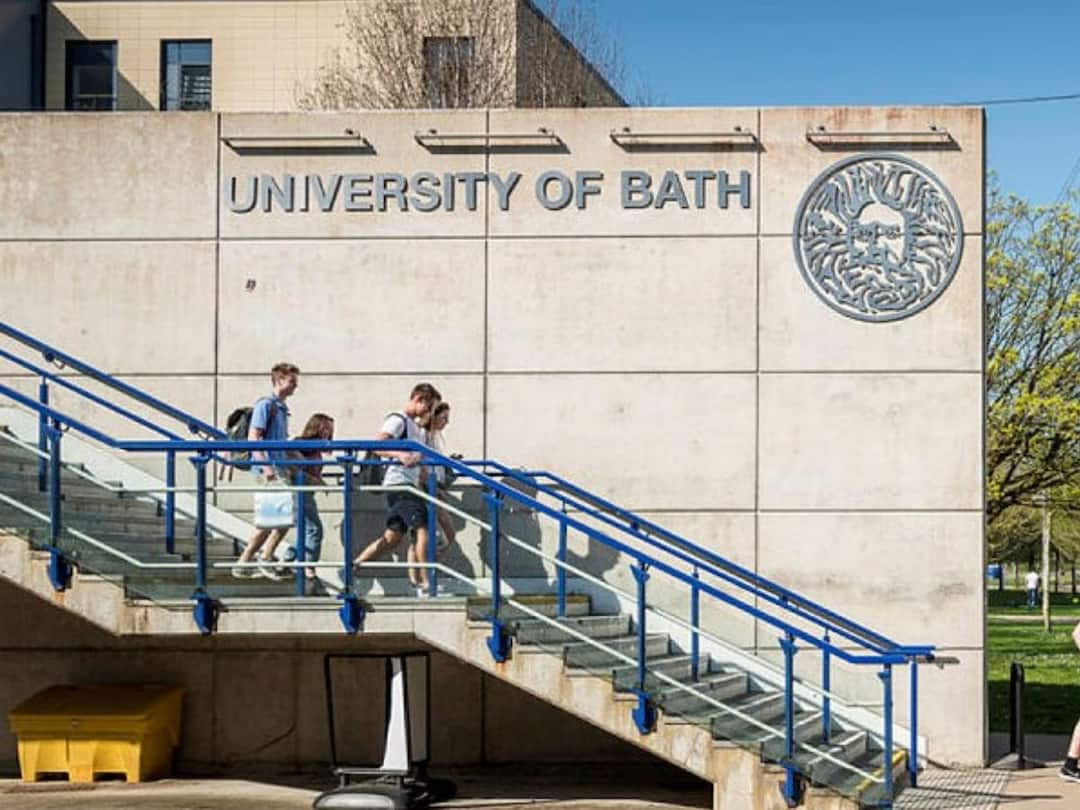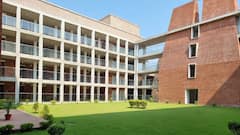University Of Bath Invites Applications For Postgraduate International Development Courses
The session will commence from September 2024 and the international application deadline for these courses is 30 June 2024.

The University of Bath has opened applications for its postgraduate International Development courses for 2024 entry. The Department of Social and Policy Sciences offers courses in MSc International Development, MSc International Development with Economics, MSc International Development with Conflict and Humanitarian Action, and MSc International Development, Social Justice and Sustainability. This course welcomes those looking to work as an international development professional or aiming to further their career in this field. Students will learn about the global challenges surrounding poverty, sustainability, and social justice.
They will engage with interdisciplinary research and advance their interpersonal skills as they explore development processes and the environments that shape them. Students can study MSc International Development or choose one of three specialist pathways. The Economics pathway studies global development through economic concepts, including social identity, and psychological biases. Students on the Conflict and Humanitarian Action pathway are taught skills in contemporary development issues and peacebuilding, with influence from Bath’s longstanding engagement in real-world conflict and humanitarian response through the Centre for Development Studies.
The session will commence from September 2024 and the international application deadline for these courses is 30 June 2024.
Eligibility Criteria:
Candidates should typically have a Bachelor's degree in an appropriate subject such as politics, economics, anthropology, international relations, African, Latin American, or South East Asian Studies or environmental studies, with a final overall result of at least First Class. However, due to the number of different grading scales in use, candidates should upload a copy of the grading scale used by their institution, along with their transcript, when they submit their application. They must submit a personal statement with details about their relevant academic qualification, why they want to pursue the course, and outlining their future aspirations.
Applicants with unrelated undergraduate degrees may be considered if they have relevant professional experience. Candidates may receive an offer with a lower grade if evidence of suitability for the degree is provided. The English language requirements are a minimum of either a 6.5 IELTS score with no less than 6.0 in all components, a Pearson Test of English Academic score of 62 with no less than 59 in any element or a TOEFL IBT score of 90 overall with a minimum of 21 in all 4 components.
An English Language qualification must be gained within 24 months prior to starting the course. Students graduating in the last 5 years from an Indian university where the medium of instruction is English who achieved at least 75% for English in their Indian 12th Standard examinations, may be able to submit evidence of this instead. Other accepted language qualifications are detailed on the University website. Those wanting to improve their English Language skills beforehand may be eligible for a pre-sessional course.
Graduates of our postgraduate International Development courses work in a variety of roles including in social research, campaigning, operations and finance, relief support, fundraising and more. Some graduates have gone on to work for organisations like the World Trade Organisation, and the Hashoo Foundation.
Also Read: AILET 2024 Admit Card Releasing On November 20 - Know More Here
Fees Structure:
The fees for Indian students starting in September 2024 are £26,500. Students also pay a £1,000 deposit after receiving their offer, which is deducted from their tuition fees on registering to start their course.
The Social Justice and Sustainability route is ideal for those wanting to further their knowledge of the political, economic, and social forces affecting global social and environmental justice. All courses offer the chance to gain real-world experience through a ‘practicum’, where students work with an external international development organization to produce an academic report, as an alternative to a dissertation. Past students have worked with organizations like the United Nations Development Programme and EdUKaid.
Education Loan Information:
Calculate Education Loan EMI






































